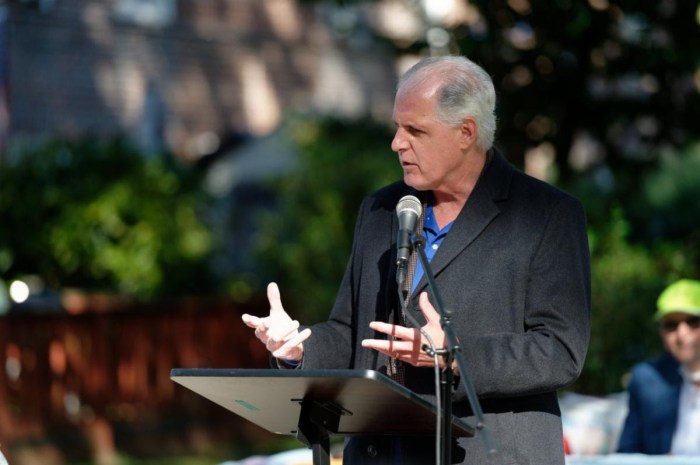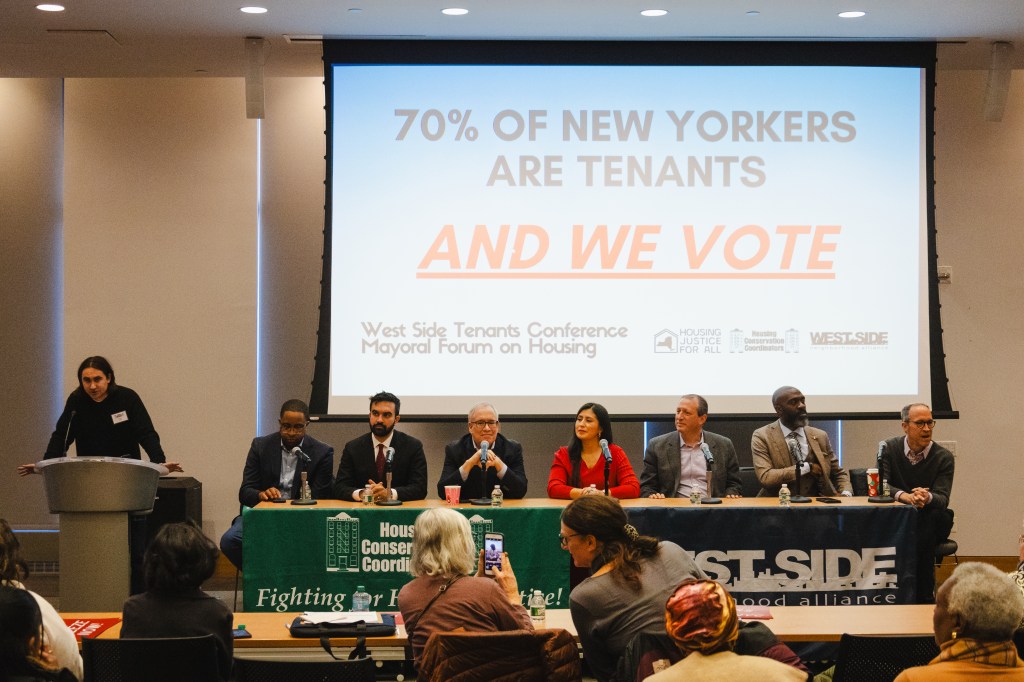By Kathianne Boniello
Mobility is the name of the game at the Eastern Paralyzed Veterans Association’s Fort Totten office, where for more than 20 years the Queens-based group has been operating one of the only wheelchair repair shops around.
The quiet exterior of the EPVA’s building at the fort, which sits in a secluded corner of Bayside’s Civil War-era fort near a large duck pond, belies the steady pace of the organization’s work.
Douglas Beckley, the director of operations who heads the Totten EPVA office, said in a recent interview the group maintains a busy schedule doing in-home and on-site wheelchair repairs five days a week. From its Totten satellite office, the EPVA services homes throughout the metropolitan area, including eastern Long Island, central New Jersey and Westchester, Beckley said.
“We’re probably the biggest repair center in the area,” said Beckley, who said the group travels to homes and veterans’ hospitals to make wheelchair repairs “There’s no shortage of work.”
The EPVA is a 54-year-old, 2,300-member organization with a long history of advocating for the rights of the disabled and providing activities and services to improve their quality of life.
Most able-bodied people do not have a complete understanding of what happens when a disabled person loses the use of his or her wheelchair, Beckley said.
“When the wheelchair is broken, that person is immobile,” he said. “The wheelchair is like your legs — without them you’re not going anywhere.”
Headquartered in Jackson Heights’ Bulova Building, the EPVA has two other programs at its Fort Totten office.
Beckley said the RAMP, or the Residential Accessibility Modification Program, provides veterans who are EPVA members with services that make a home or apartment more convenient and livable for those in wheelchairs. The ABC&D, or Accessibility Building Construction & Design program, makes the same services available to disabled civilians and also works with companies who want to redesign their offices for the disabled, said Beckley, who is also an EPVA member.
Relatively small building modifications can make a home easier for the disabled to get around, Beckley said, including widening doors and adding grab bars for bathrooms for increased mobility.
The EPVA was one of the first nonprofit groups to move into Fort Totten, which is in the process of being turned over to the city from the federal government.
“We’re fortunate to have this space,” said Beckley, who has been with the Totten EPVA office since 1995.
Edmund Rowan, a Bayside resident and EPVA member who has been involved at the Totten office since its inception, said the group did a lot of work to refurbish the building, including a new roof and reconstructed rooms.
In addition to repairing wheelchairs, Beckley said, the EPVA has also worked to provide wheelchairs to those in need and often stores between 60 to 125 used wheelchairs on site.
For more information on the EPVA call 718-352-1623.
Reach reporter Kathianne Boniello by e-mail at Timesledgr@aol.com or call 229-0300, Ext. 146.

































